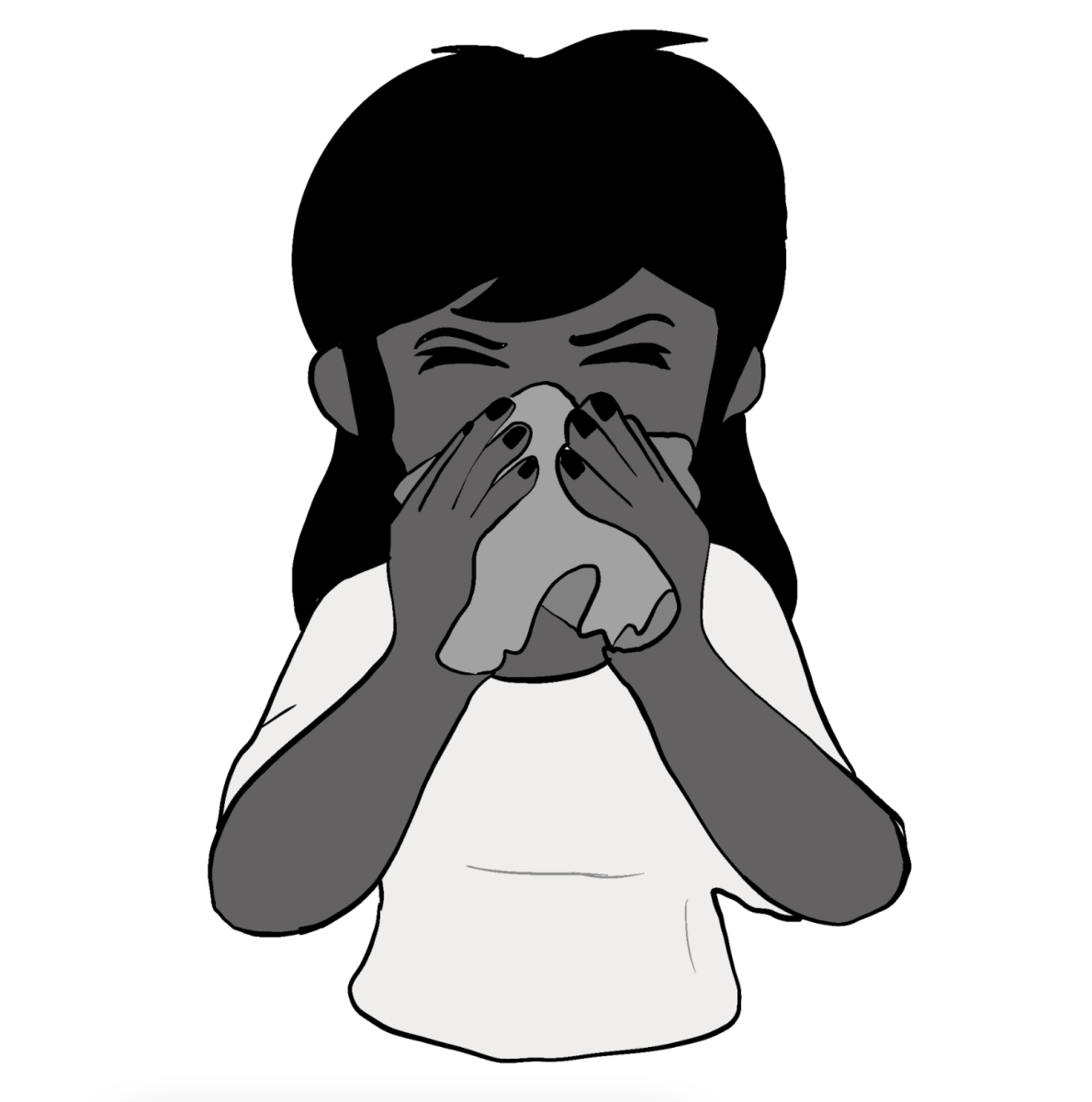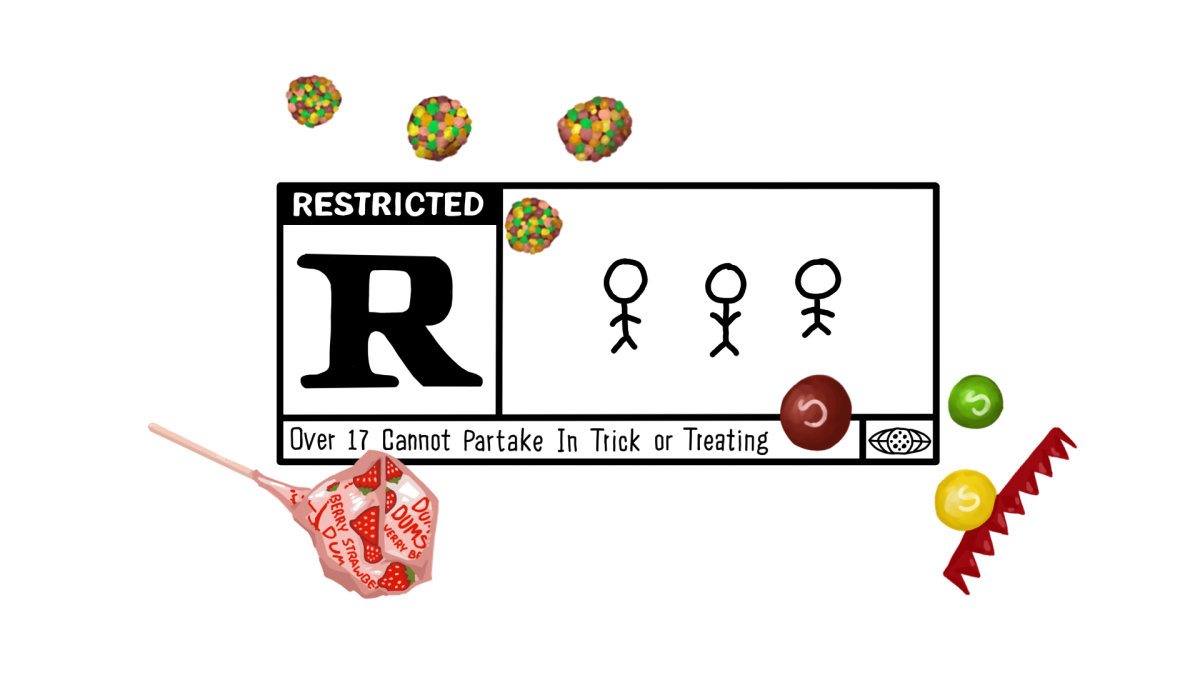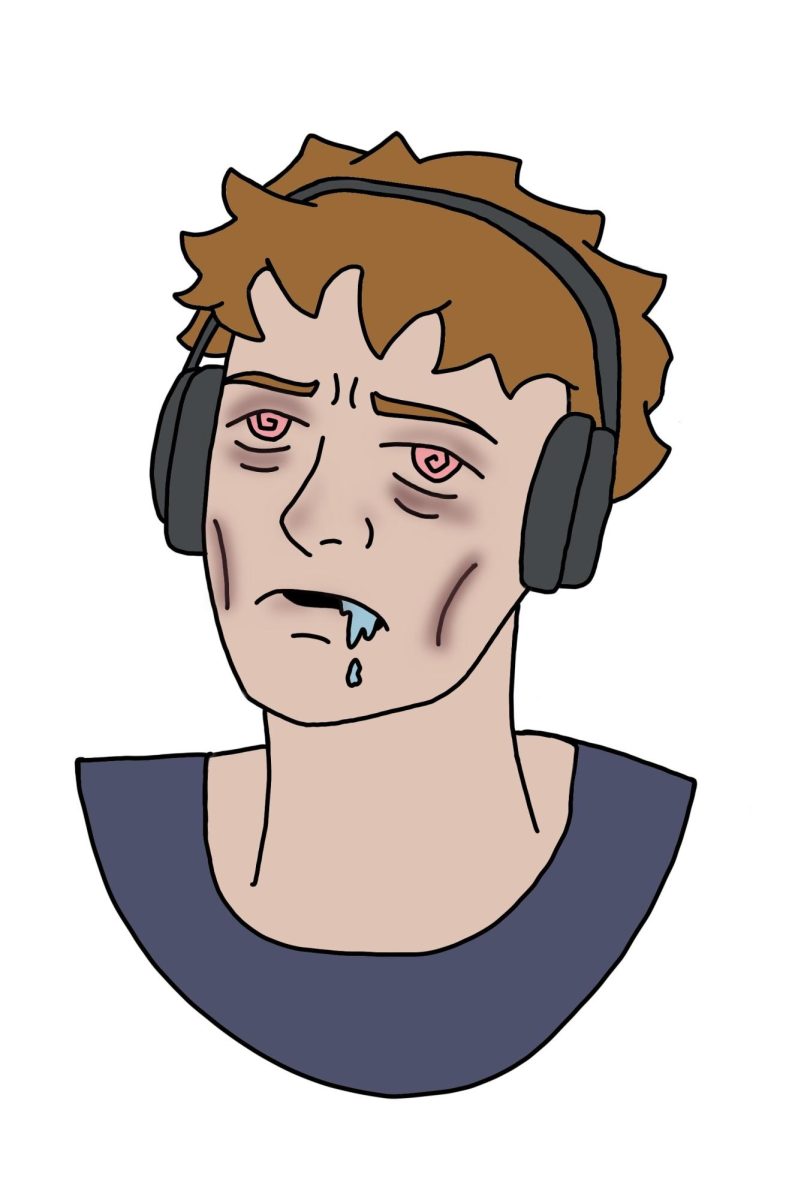Fall has arrived in Sunnyvale, and you know what that means. You enter a classroom, sit down, and for the next hour and a half, you are immersed in a cacophony of coughing, sneezing and blowing noses. Teachers are running out of tissue boxes as students, one after another, leave their seats to clear their sinuses. And with all this happening around you, you are awaiting your turn when the next sneeze is from you.
The flu season is nearing, and students are already contracting winter illnesses. Getting sick is a natural part of life, but it becomes a major inconvenience when school is in full swing and exam season is lurking right around the corner.
Almost every student will likely experience cold symptoms this season: sore throats, congestion, body aches and more. According to WebMD, a cold will typically last three to seven days. This will vary from person to person, and most students will take at least a day off of school when the initial sickness hits hard. One day may not seem like a lot, but depending on the class, it could push a student back a significant amount, causing lots of stress in catching up with work. Though most teachers do allow for an extra day to submit missed assignments, those assignments are expected to be completed on top of whatever is assigned the day a student returns to school. The stress of having to catch up on missed work makes recovery a longer process, thereby lengthening the time one spends while not in full health.
Once the worst of the storm passes, and you are left with inconveniences like coughing and sniffling, you pick yourself up out of bed and go to school. But focusing on your lectures and doing work diligently feels like an uphill battle, with lightheaded sensations and sleeplessness doing their best to slow you down. You may be faring a little better than you were before, but the sickness has not yet left your body. Despite this, you still came to school. Why? Many students ignore their plight because the fact that they can moderately function sounds like reason enough to return, especially for those under serious academic pressure. A junior, for example, with a heavy course load full of AP classes, may feel as though they cannot afford to miss another day of school without their grade tanking. This pressure affects other students as well; going to school while sick puts a student’s classmates at risk for contracting the same illness, extending the issue to the rest of the student body. Thus continues the pattern of getting sick from someone, then getting others sick, and so on until the majority of the student body has gotten their share of viral infections.
With FHS having entered this time of the year, it is important for students and staff alike to practice habits to minimize the spread of infection, like handwashing and being conscious of sharing items. It is also important for students to know how to take care of themselves and to recognize when it is more harmful than beneficial to attend school while feeling unwell. Sickness is a reality for everyone, so pack your hand sanitizer and tissues in your backpack and be ready for the inevitable.




















